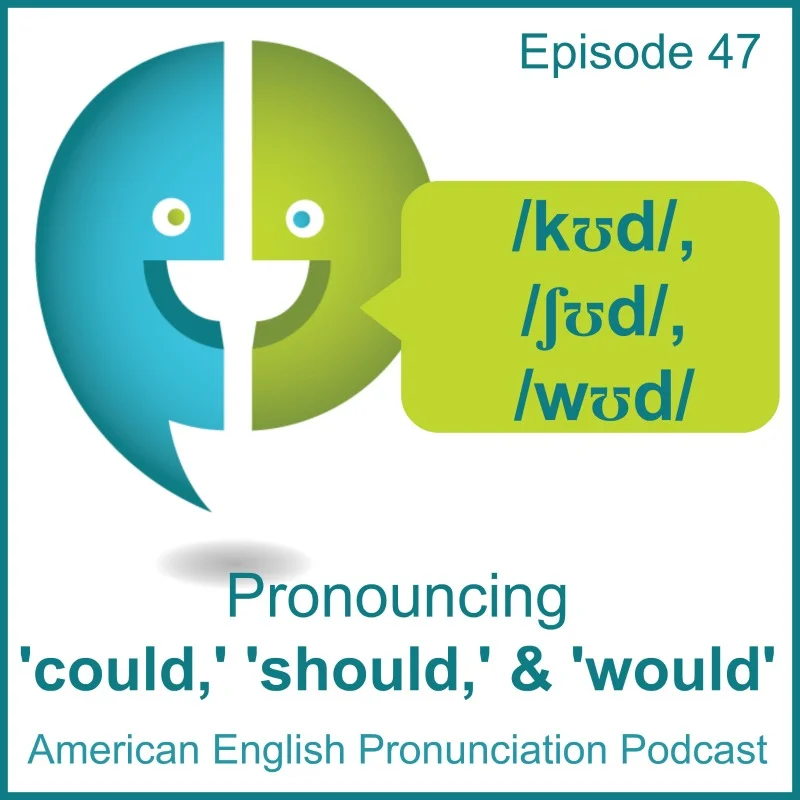(See long o /oʊ/ spelling and pronunciation lessons and ow sound /aʊ/ spelling and pronunciation lessons)
The /aʊ/ and /oʊ/ don't get a lot of attention when it comes to English pronunciation.
The /aʊ/ is pronounced (/aʊ/), as in the words cow and about.
The /oʊ/ is pronounced (/oʊ/), as in the words home and boat. Long vowels sound like their letter name, so, if you've been listening to these podcasts for a while, it shouldn’t be a surprise that the /oʊ/ sounds like the letter o.
(See Introduction to Long Vowels lesson.)
The /oʊ/ and /aʊ/ have two major things in common.
They both are two-sound vowels that end in a brief w sound (and)
They can both be spelled ow
Let's look first at their pronunciation. The /aʊ/ begins with the tongue very low in the mouth. The bottom teeth can be felt alongside the tongue. The *beginning* of the /aʊ/ is pretty similar to the short o sound (short o), which I talked about in episode 78.
The second part of the /aʊ/ is the w sound. To create /w/, the back of the tongue rises so that it’s near the soft palate. Remember, the soft palate is the squishy, top area in the back of the mouth. The lips also need to close into a small circle for the w sound. So, to create the entire /aʊ/, we start with the tongue low in the mouth, then raise the back of the tongue at the same time as closing the lips into a circle.
Repeat the /aʊ/ after me: (/aʊ/, /aʊ/).
The /oʊ/ begins with the body of the tongue higher in the mouth. The beginning of the /oʊ/ sound is more similar to a short u sound (short u). From there, the tongue moves into the w sound, just like it did for the /aʊ/. The body of the tongue rises and the lips go into a small circle.
Repeat the /oʊ/ after me: (/oʊ/, /oʊ/)
The most frequent problem I hear with the pronunciation of the /oʊ/ sound is not transitioning fully into the w sound. Think about the contractions don't and won't. Both of those contractions should be pronounced with a /oʊ/ sound: don't, won't. I often hear my students say *don't* and *won't,* using a sound closer to a short o sound.
Cutting the vowel sound off before the /w/ part of the /oʊ/ in the word won’t makes it sound like the word want, w-a-n-t, instead. Obviously, the words won’t and want have *very* different meanings, so don’t confuse your listeners by pronouncing them too similarly.
Now let's look at the other similarity between the /oʊ/ sound and the /aʊ/: they can both be spelled with the letters o-w. The /aʊ/ is better known for this spelling, as in the words cow and now. However, I think some English language learners don't trust that they are hearing a *different* pronunciation in words like grown, g-r-o-w-n, and known, k-n-o-w-n. Both of those words are spelled ow, but pronounced with a /oʊ/ sound (/oʊ/) and not the /aʊ/ (/aʊ/)
Let’s practice. I’m going to say ten words—all of them spelled o-w. The first five words are pronounced with the /aʊ/ (/aʊ/), and the last five are pronounced with the /oʊ/ sound (/oʊ/). Listen carefully, and repeat each word after me.
ow sound practice
cow
town
down
brown
crowd
long o practice
slow
own
bowl
grown
known
Both the /oʊ/ and /aʊ/ have other spellings as well, which you can see on the free lessons on Pronuncian.com. I’ll link to the spelling and pronunciation lessons for both of these sounds from this episode's transcript page. You can find the transcript for this episode, as well as all of our podcast transcripts, by going to www.pronuncian.com/podcast. Or, you can also search for “about a boat” in the search box on Pronuncian.
If you want more sound practice, the Pronuncian.com Books and Products page has resources that you can purchase. Pronunciation Pages and the Sounds Drills have listen and repeat practice for all 43 sounds of American English. Also, your purchase helps support this podcast and Pronuncian.com’s free content, so you can feel good about that.
That's all for today.
This has been a Seattle Learning Academy digital publication. SLA is where the world comes to learn. You can find more information about Seattle Learning Academy and our pronunciation classes by visiting www.seattlelearning.com.
Thanks for listening. Bye-bye.
*Original boat image by By Tomasz Rojek, via Wikimedia Commons





